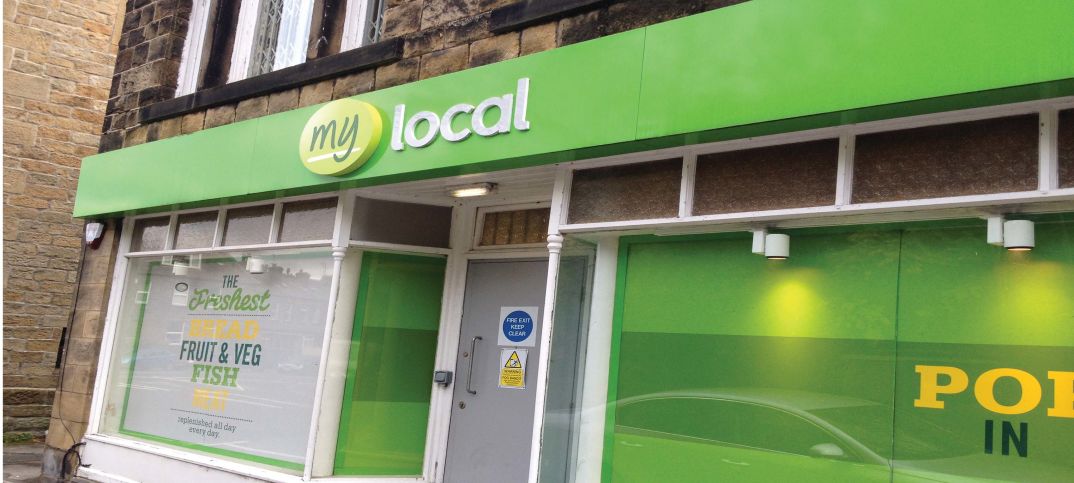At midnight on October 26, Morrisons handed over 140 of its M Local convenience stores to the control of Mike Greene. Retail Express gained exclusive access to find out how he is taking convenience to the next level.
WHY NISA?
My Local chose Nisa as its distributor because it was the only company that could deliver the breadth and quality of range the stores need, according to Greene.
“We’re Nisa’s second largest customer so we’ll have influence over their range and that’s positive for other Nisa members because they’ll get a broader range,” he added.
He also we didn’t want to take in any own label products associated with a particular symbol group. “Heritage gave us freedom and flexibility and offers great value, which is important because Morrisons was quite cheap. Customers are used to value and we wanted to make sure they got that,” he said.
While the first day of operating was hit by stock problems, after Morrisons pulled all products from the shelves just days before the changeover – a move that hadn’t been agreed – Nisa got the stores fully replenished in just a couple of days.
Ian Bishop, Nisa marketing director, said signing up My Local was "a great deal for Nisa". "It’s fair to say we’ve had our problems recently [since losing the Costcutter contract], but we’re now in a really good place," he said. "We’re back in profit and I think the My Local business, along with a couple of other deals we’ve got coming up, will replace Costcutter."
INITIAL PLANS
Within the first few weeks of taking over, Greene plans to make fresh food the stores’ focus, and introduce kids’ sweet ranges, local beers and halal meat. “We’ve got about 40 stores that are in very Muslim areas,” he said.
"M Local started off with the intention to do regional products, but quickly reduced it down. There was a lack of understanding of convenience"
– Mike Greene
“I think M Local started off with the intention to do quite a lot of regional products and then very quickly, because they didn’t get the scale they wanted, they reduced it down to the simplest possible way of doing it. There was a lack of understanding of convenience.”
All stores will tap into local demands, whether it’s for nearby school customers or students, and PayPoint will be installed in the coming months.
GETTING STAFF ONBOARD
Morrisons had done a great job in training its staff, Greene said, but under his leadership, store managers and their teams will have a much bigger say over what they stock and how they get involved in the local community.
Stores were throwing away £500-£1,000-worth of stock each week. Every store will make their own decision of which homeless shelter it will now go to and every store will nominate a charity within one mile of the store,” he said.
Staff have really embraced the company’s ethos and are looking forward to having more control. The initial stock problems following the disagreement with Morrisons has also pulled them closer to My Local, he added. “It’s a nail in the coffin in their attitude towards Morrisons.”
THE FUTURE
“I want to keep the standards and disciplines that Morrisons have trained, but add more local connection and community involvement,” Greene said. “Bring the best of independents to the standards and disciplines of supermarkets.”
He plans to try different things and be braver in decision-making. “Are we going to get it all right? No, but when I look at my team, at the top seven, they’ve got 180 years of experience,” he said.
"Are we going to get it all right? No, but when I look at my team, at the top seven, they’ve got 180 years of experience"
And going forward, he wants to get the top 20 convenience groups together to share ideas and help independents to improve their businesses. “We can learn a lot more from each other,” he said. “The more independent convenience gets credible, the more we all get credible – it’ll be a rising tide.”
Read more: Why fresh is the survival of good independent retailers.



Comments
This article doesn't have any comments yet, be the first!